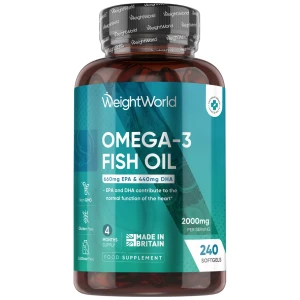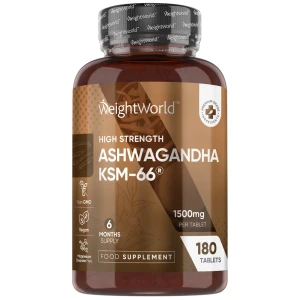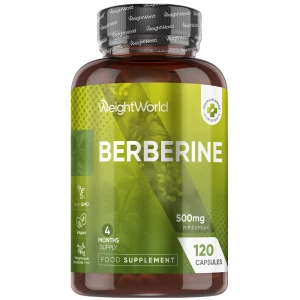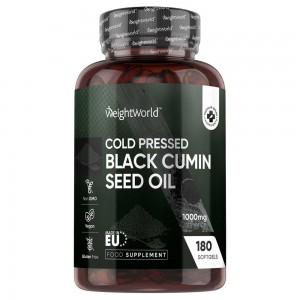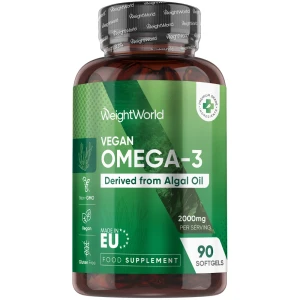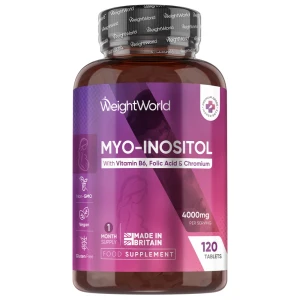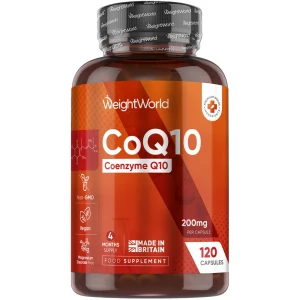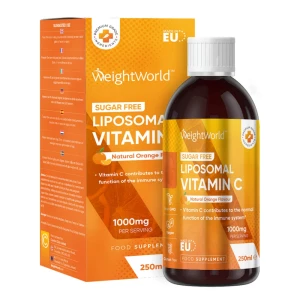Filters
Wellbeing
- Antioxidants (45)
- Brain Health (41)
- Cellulite (1)
- Circulation (30)
- Collagen (7)
- Detox & Cleanse Supplements (29)
- Devices (2)
- Digestion (36)
- Hair, Skin and Nail Vitamins and Supplements (57)
- Heart Health (40)
- Immune System (87)
- Joints & Bones (43)
- Kid's Health (6)
- Liver health (7)
- Men's Health (12)
- Omega's (9)
- Oral Health (4)
- Sleep (12)
- Women's Health (19)
Type
Price
Rating
Heart Health
Read MoreAll Products In This Category
What Are Heart Health Supplements?
Did you know heart diseases (or cardiovascular diseases) are the leading cause of death globally? According to a report by the British Heart Foundation, one in every eight men and one in every 14 women die from heart disease in the UK. Don’t worry! You can stay out of that list if you take the right measures at the right time to take care of your heart.
While leading a healthy lifestyle and having a balanced diet are imperative for maintaining your heart health, sometimes that might just not be enough. That’s where heart supplements come into play! Heart health supplements are your ticker’s superheroes that help keep this vital organ away from undesired attacks. We, at WeightWorld have a carefully curated range of heart supplements to boost your heart health and keep it ticking like a Swiss watch!
Benefits of Taking Heart Health Supplements
Here are how heart supplements help you keep your ticker beat in the best rhythm!
- Offers superfoods known for boosting heart health
- Supports your normal heartbeat
- Protects your heart against cardiovascular concerns
- Assists in maintaining a balanced blood pressure level
- Supports normal cholesterol level
Variety of Heart Health Supplements at WeightWorld
At WeightWorld, we want to listen to your heart and understand its needs and requirements. That’s why our wide range of heart supplements is curated to not only take care of your heart but also resonate with your preference. Whether you prefer to take tablets, capsules or softgels on the go or like to spice it up with easy-to-mix powder recipes, we have it all just for you! So, go with your heart’s pick and keep your heart in top shape today and every day!
Our Bestselling Heart Health Supplements
Here are our bestselling supplements for your heart:
- Omega 3 Fish Oil Softgel - Rich in EPA and DHA, these softgels offer 2000 mg of pure fish oil to revitalise your heart. They are also enriched with vitamin E for added benefits. Containing 240 softgels per bottle, our omega 3 supplement offers a massive 4-month supply.
- Antarctic Krill Oil Softgels - Offering 1200 mg of Antarctic krill oil, these softgels are naturally rich in omega 3 fatty and astaxanthin, which are known to nurture your heart health. With 180 softgels, stay replenished for a complete 3 months.
Grab Heart Health Supplements at the Best Prices - Now Up to 20% Off!
At WeightWorld, you’ll find premium-quality heart supplements that are both easy on your heart and the wallet. Our high-strength heart supplements are available within the price range of only £9.99 to £21.99. Wait! We’ve more offers for you. With up to 20% discount on multipacks, now you can keep the heart beating at its best for even less.
Why Buy Heart Health Supplements from WeightWorld?
With the increasing number of heart patients, there has been a huge surge in the availability of heart supplements on the market. However, not all live up to the expectations in terms of results. Here are why our heart health supplements stand out from the rest!
Expertise & Experience
We formulate supplements with 19+ years of industry experience and expertise in the wellness supplement industry
100% Safe Formula
We use 100% natural ingredients that are GMP-certified so that you enjoy the benefits without facing any known side effects
All-Inclusive
We have gluten-free and vegan heart health supplements, suitable for everyone, including those with gluten intolerance or those on a plant-based diet
Massive Supply
We offer heart health supplements with up to 1 year’s supply per bottle, saving you the hassle of reordering every month
Assured Guarantee
We offer you a 100% money-back guarantee for 90 days so you can try the supplements risk-free
Good for the Environment
We produce the majority of our supplements in the UK to reduce our carbon footprint and also ship all our products in recyclable packaging to promote environmental sustainability
FAQs
While you’ll find quite a few heart supplements available on the market, you need to be picky about choosing the right one. Always prefer a natural supplement to avoid unwanted side effects. Supplements rich in heart-boosting vitamins and minerals are also a great choice for taking care of your heart.
To maintain a healthy heart, you must consume foods that are known to elevate your heart health, such as omega fatty acid-rich foods (fatty fish), flaxseed, garlic, apple cider vinegar, neem, leaf vegetables, etc. To strengthen your heart health conveniently, you can opt for heart health supplements.
Omega 3 is an unsaturated fatty acid which is credited for boosting heart health. This essential fatty acid also safeguards your heart against unwanted disorders.
Some of the commonly known herbs and herbal supplements that are known to support and optimise your heart health are neem, amla, ginger, garlic, ashwagandha and flaxseed.
We are confident that you will love our products, but we also understand that everybody is slightly different and may not feel the effects in the same way. We value our customers and want to make sure that they are 100% happy with their purchase which is why we offer our full money-back guarantee! If our products don't work for you, we will refund you for your order!
